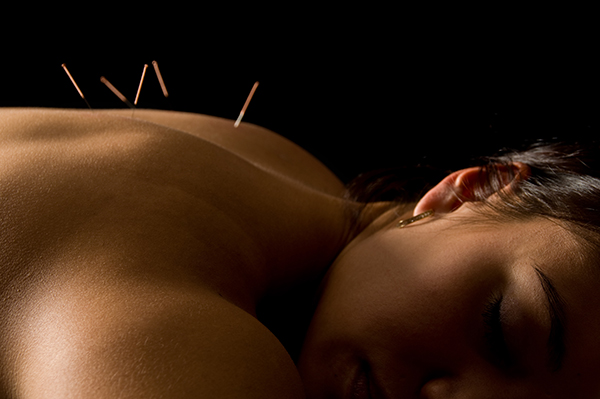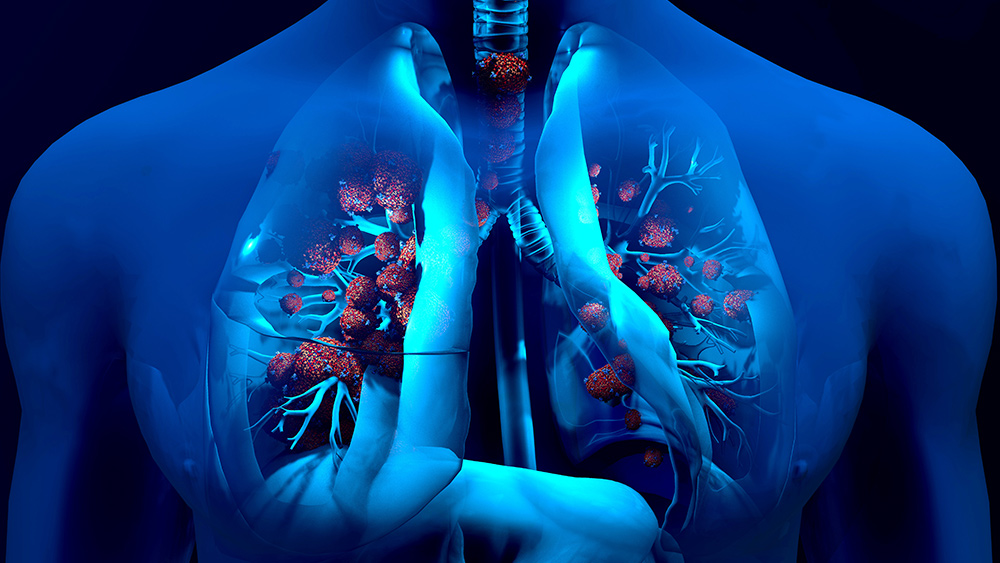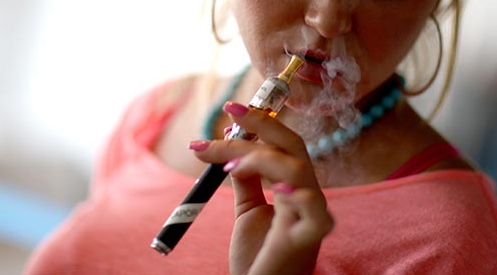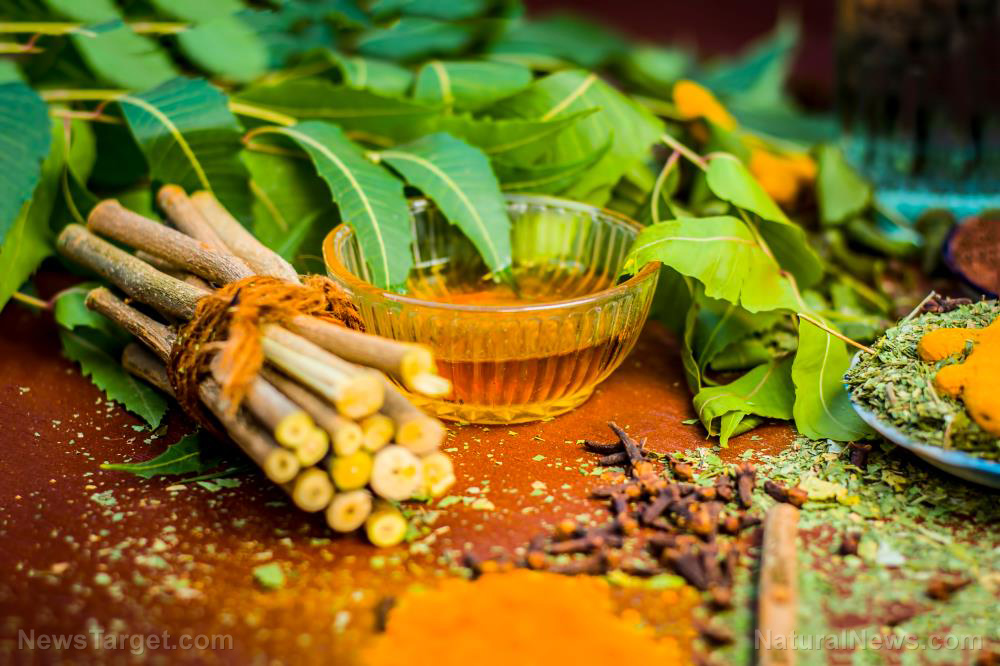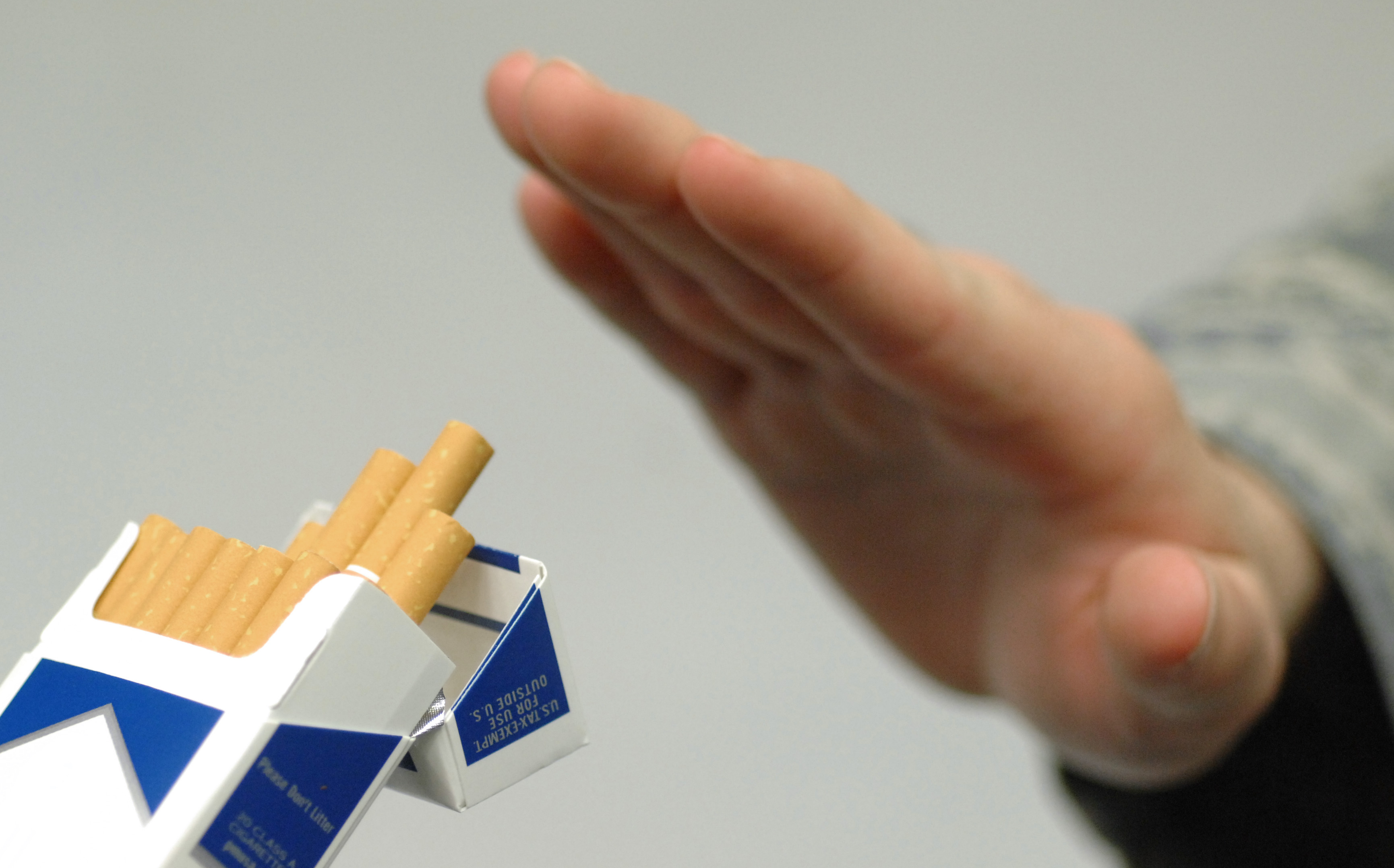 Parler
Parler Gab
Gab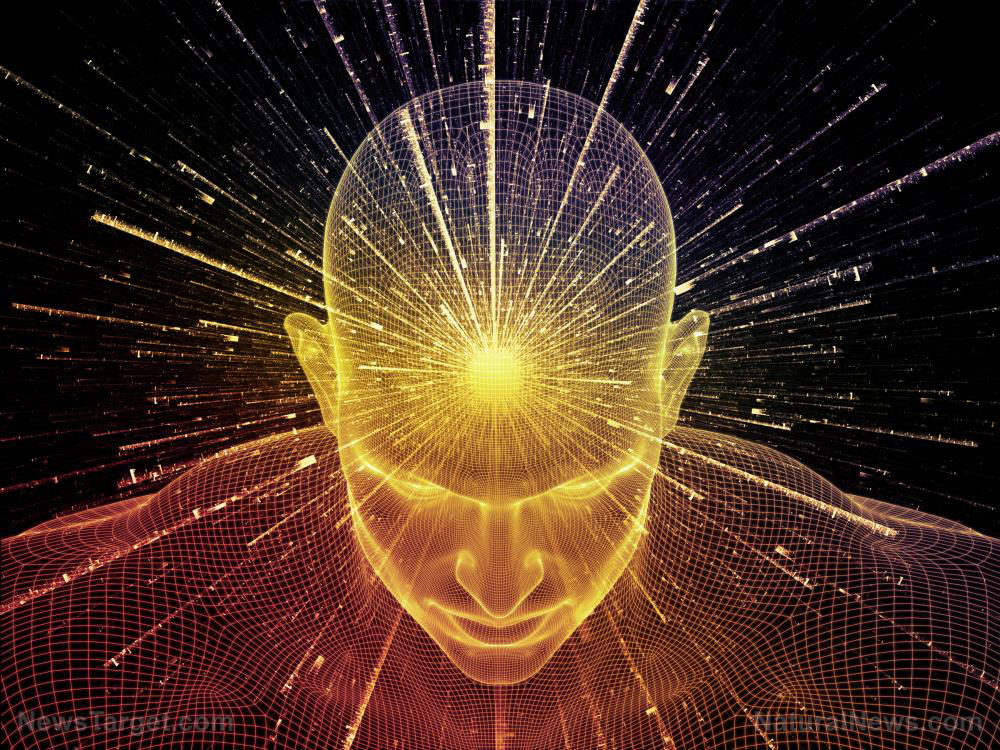
Dopamine correlation linked to depression, anxiety, and multiple mood disorders
Dopamine is a chemical released in the brain that helps nerve cells send messages that are important for both the brain and body. This 'feel good' hormone is regulated by the body, but addictive substances disrupt normal production, causing dysfunction of neurotransmitters, and can create a roller-coaster effect of thrilling highs but intolerable lows. According to scientific research, dopamine plays a vital role in anxiety modulation in different parts of the brain. Low levels can make someone feel less motivated, less excited about things, and can lead to mental illnesses, including depression and psychosis. As part of the brain's reward system, dopamine helps us feel pleasure, and activities we already enjoy (like sex, roller coasters, special foods) get boosted with a "dopamine rush," sometimes triggered by even just thinking about them. Dopamine plays a role in many functions we often take for granted, including learning, attention, mood, movement, sleep, libido, and more. It's produced by a two-step process where the amino acid tyrosine is converted into another amino acid called L-dopa, and then the L-dopa is converted into dopamine by enzymes.How many dopamine "crutches" are you "hooked on" right now?
Alcohol, sugar, caffeine, marijuana, nicotine, cocaine, prescription opioids, heroin, and crystal meth (methamphetamine) all have one concurrent underlying effect in common – they can drastically influence dopamine production and feelings of euphoria. The science behind this is solid, as published in many studies by the National Institutes of Health. Even low amounts of these substances, foods, or drugs can lead to addiction when consumers lose self-control and give in to immediate gratification, repeatedly. Sugar is known to cause the brain to produce huge surges of dopamine, just like the hardcore drugs cocaine and heroin. Nicotine is known to activate structures in your brain called receptors, playing a major role in the addiction process. Whatever "crutch" people are using regularly to boost their dopamine production can serve as a detriment over time, because these are all stimulants in the short term, but depressants in the long term. What most people DON'T KNOW is that there's a superfood herb that grows in tropical climates that boosts dopamine levels naturally, with no addiction, no withdrawal, and no crash. Mucuna pruriens, also known as the Ayurvedic dopamine bean, has been used extensively in one of the oldest health care systems in the world – traditional Indian medicine.Superfood Evolution: Join the natural remedy revolution and rid yourself of addictions, including alcohol, sugar, caffeine, and nicotine
The problem with mainstream medicine and mainstream media is that all natural remedies and natural cures are BURIED and censored because they're inexpensive, work very well, and are not patented by Big Pharma. Still, there's a natural remedy revolution going on right now, as we witness organic foods, superfoods, and functional beverages absolutely exploding in sales across the globe, and especially in America. Superfoods are abundant and deliver high-powered nutrients to the body and brain. Some of the more well-known superfoods include garlic, ginger, turmeric (curcumin), medicinal mushrooms (chaga, reishi, cordyceps, lion's mane), spirulina, chlorella, and seaweed. Superfoods can be classified as fruits, vegetables, herbs, spices, roots, beans, seeds, nuts, or berries. Some are sold in powder form or as herbal tinctures. Many superfoods can heal the body from sicknesses, weaknesses, and addictions. Though often called an "herb," Mucuna is a type of legume that grows in tropical climates, including India and Brazil. The seeds, roots, and beans are used as dietary supplements and medicinal purposes, plus for naturally boosting dopamine levels.Mucuna is the ultimate dopamine-boosting superfood
While there are many species of the genus Mucuna, superfood Mucuna pruriens is one of the highest natural sources of L-Dopa, an important precursor to the neurotransmitter dopamine. Mucuna is known to calm and relax the nervous system, providing a buffer that helps the body ward off stress. Mucuna helps replenish dopamine deficiency, common for those recovering from addictive substances. It is important to supplement Mucuna with clean foods (natural and organic) and physical activity (improved lifestyle choices). Whenever someone is trying to cut back or quit alcohol, sugar, caffeine, nicotine, or the use of hard drugs, their dopamine production levels in their body are very low, waiting for stimulus. Without the usual 'crutch,' most people feel helpless and get dragged back into the 'undertow' of addiction. Fortunately, there's a natural way to boost dopamine, and it's surprisingly been available thanks to Mother Nature for millennia. A tropical bean called mucuna pruriens contains l-dopa, a precursor to natural dopamine production in the human body, that assists in recovery of normal dopamine levels in the body when trying to quit smoking, vaping, sugar, alcohol, and drugs. A new functional beverage called Krave Kicker contains a non-addictive, potent extract of mucuna that serves as a handy tool on the belt for cutting back or quitting alcohol, sugar, nicotine, and even hard drugs. The high-powered mucuna in Krave Kicker is also known to fight depression, provide an energy boost, heighten the libido (sex drive), and help with focus and concentration. Special Note: This article was authored by Herbal Remedy Insider, a researcher for Krave Kicker, the manufacturer of a functional beverage that contains a natural, herbal remedy for nicotine and sugar cravings. This publisher was NOT compensated in any way for carrying this article. It is not a sponsored article, but the author is receiving publicity of this news item in exchange for providing the article at no cost. Sources for this research include: KraveKicker.com Health.Harvard.edu SuperfoodRevolution.com Healthline.com NCBI.nlm.nih.govScience-backed health benefits of acupuncture
By Olivia Cook // Share
Doctors share their most effective strategies for treating “seasonal” illnesses
By Lance D Johnson // Share
By Herbal Remedy Insider // Share
Ayurveda cures all 65,000 patients of covid in Indian town
By Ethan Huff // Share
By Herbal Remedy Insider // Share
Build healthy bones the natural way with ONIONS
By Olivia Cook // Share
Governments continue to obscure COVID-19 vaccine data amid rising concerns over excess deaths
By patricklewis // Share
Tech giant Microsoft backs EXTINCTION with its support of carbon capture programs
By ramontomeydw // Share
Germany to resume arms exports to Israel despite repeated ceasefire violations
By isabelle // Share
